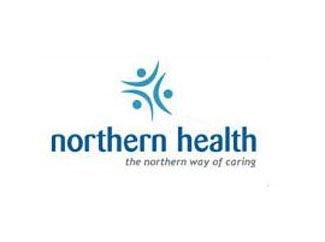Clean hands will go a long way in preventing the spread of infectious disease where evacuees are in a shared living space like the nearly 700 who are housed at the College of New Caledonia and the University of Northern B.C. due to the Cariboo wildfires.
"At a time where many people are congregated in a shared living space and they are displaced from their normal routine that's a situation where infections can be transmitted more easily than usual to a large number of people," Dr. Andrew Gray, Northern Interior medical health officer, said Wednesday. Currently numbers are low for those with infectious conditions.
The concern mostly is about any gastrointestinal illnesses like norovirus, also referred to as norwalk virus, which causes vomiting and diarrhea.
"The best way to prevent that is good hand hygiene, so washing your hands frequently, especially after going to the bathroom and before eating and after handling anything that you're not sure of its cleanliness," Gray said. "That's the most important thing."
Soap and water is recommended, as well as using an alcohol-based hand sanitizer.
"If people do come down with vomiting and diarrhea, we do encourage people to let someone from health services know because we have set up an isolation area where people who are thought to have a potentially infectious condition like norovirus can be in an area where it would be less likely to be transmitted to others," Gray said. "We certainly encourage them to remain in that area for the couple of days it would take for them to recover."
Anyone visiting those who are ill are also encouraged to vigorously wash their hands as well, he added.
Northern Health environmental health officers are also vigilant while working with staff, including cleaning staff, at the two main evacuee centres, Gray said.
"They are making sure there are enough hand-washing stations for people to use, enough hand sanitizer, and making sure there are enough bathrooms for everybody and making sure there's good rigorous routine cleaning of the bathrooms and floors, while making sure people have access to clean drinking water and safe food, clean cots and linens and waste is disposed of appropriately," Gray said.
Staff at both sites have been provided with guidance on how to properly deal with any type of spill of body fluids.
"We ask that if anyone does witness anything like that not to try to clean it up themselves but to get the janitorial staff aware of that and encourage the person who's been sick to check in with health services," Gray said.



